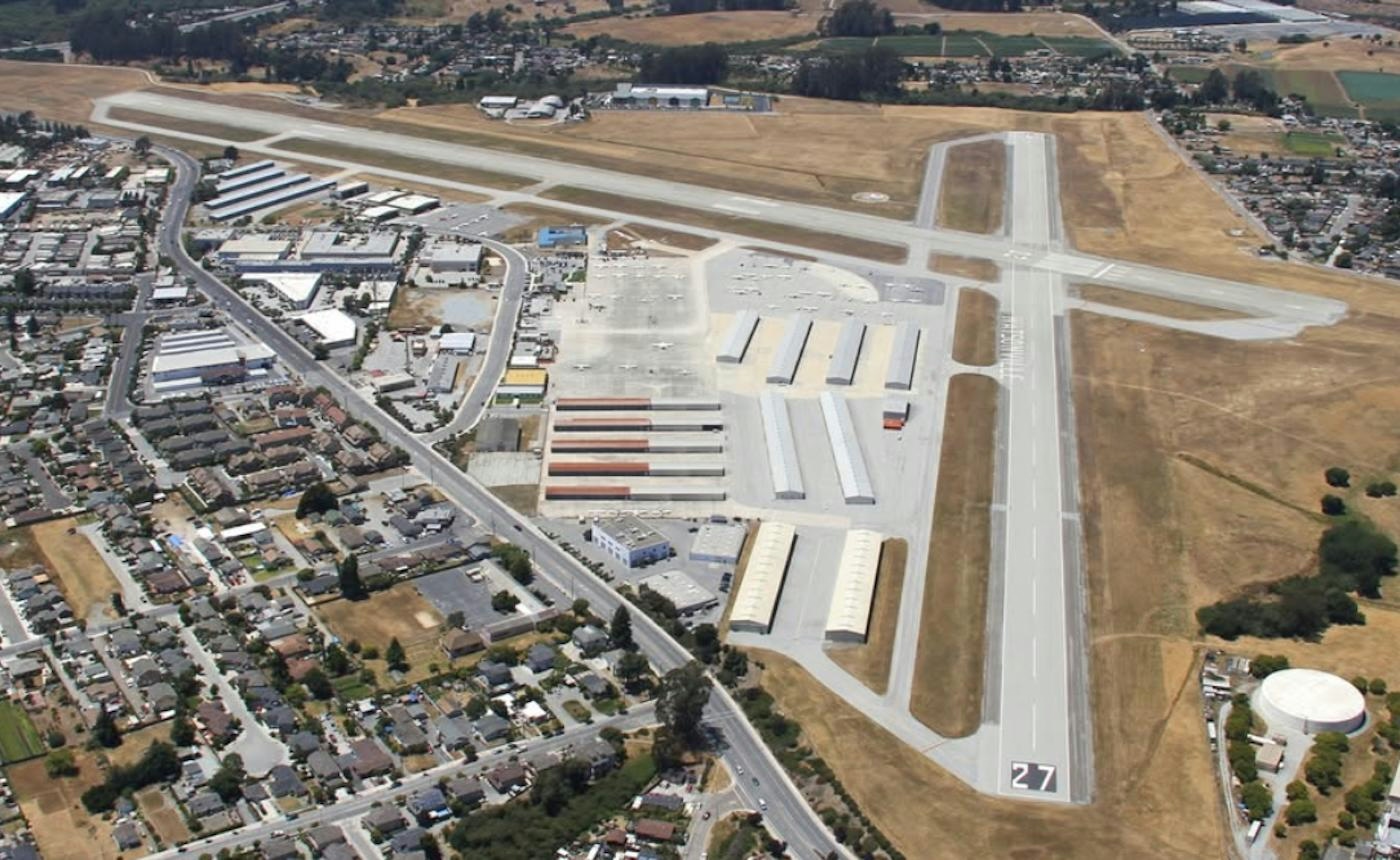エアロジニー — あなたのインテリジェントな副操縦士。
現在のトレンド
Categories
Santa Cruz County Business Update: Airspace Changes for Air Taxis and Summer Tourism Decline

Santa Cruz County Business Update: Airspace Overhaul for Air Taxis and Summer Tourism Decline
Airspace Modernization to Transform Regional Aviation
Santa Cruz County is poised to enter a new phase of aviation development with the launch of the California Advanced Air Mobility Corridors Initiative this November. Supported by a $7.45 million state grant, the Monterey Bay Economic Partnership (MBEP) will spearhead the creation of dedicated aerial corridors linking four rural airports: Watsonville, Salinas, Marina, and Hollister. These corridors are designed to accommodate electric air taxis, unmanned drones, and traditional aircraft, effectively establishing “highways in the sky” to enhance safety and manage increasing air traffic.
The project, anticipated to be completed within two years, will introduce a range of technological upgrades including sensors, digital navigation aids, charging stations for electric aircraft, and new aerial signage. Lavera Alexander, MBEP’s chief growth officer, likened the initiative to preparing roads for electric vehicles, but in the air. In addition to infrastructure improvements, the initiative will develop a new communications network and provide specialized training for operators, all aligned with Federal Aviation Administration (FAA) safety standards.
The Monterey Bay region already hosts several electric air taxi companies, notably Santa Cruz-based Joby Aviation, which will benefit from the new corridors as a testing ground for next-generation aircraft. However, this modernization also presents challenges for existing aviation services, which may face heightened competition and will need to adapt to evolving regulations and operational demands. Some operators may be compelled to explore alternative business models to sustain their market presence amid the changing landscape.
Economic Pressures from Tourism Decline and Regulatory Changes
Concurrently, Santa Cruz County’s local economy is grappling with a downturn in summer tourism, a critical revenue source for shops, restaurants, and hospitality providers. The seasonal slowdown threatens to reduce income across these sectors, prompting businesses to seek innovative approaches to attract visitors throughout the year and mitigate the impact of fluctuating demand.
Compounding these economic pressures are recent regulatory changes, including a ban on filtered cigarettes, which may further affect local sales tax revenues. As consumers potentially shift their purchases to neighboring jurisdictions without such restrictions, Santa Cruz County risks losing both sales tax income and broader business activity. This confluence of declining tourism and regulatory shifts presents a complex challenge for the county’s economic stability.
Navigating Change in Santa Cruz County
As these developments unfold, local leaders and business owners remain vigilant. The airspace modernization project offers an opportunity to position the region at the forefront of advanced aviation technology, yet it requires existing stakeholders to adapt swiftly. Meanwhile, the tourism and retail sectors face the imperative to innovate in response to evolving consumer behaviors and regulatory environments, striving to sustain growth amid uncertainty.

Emirates Unveils Cabin Design for New Boeing 777X

Eighteen Years On, the Airbus A380 Remains Central to a $34 Billion Airline

How a boom in luxury airline seats is slowing down jet deliveries

Navitaire Outage Attributed to Planned Maintenance

DigiYatra Debuts Outside Aviation at India AI Impact Summit

Vietnam Orders Strengthen Boeing’s Commercial Outlook

Airbus Signals Uncertainty Over Future A400M Orders

JobsOhio Awards $2 Million Grant to Hartzell Propeller for Innovation Center

Collins Aerospace Tests Sidekick Autonomy Software on YFQ-42A for U.S. Air Force CCA Program

How the Airbus A350-1000 Compares to the Boeing 777
